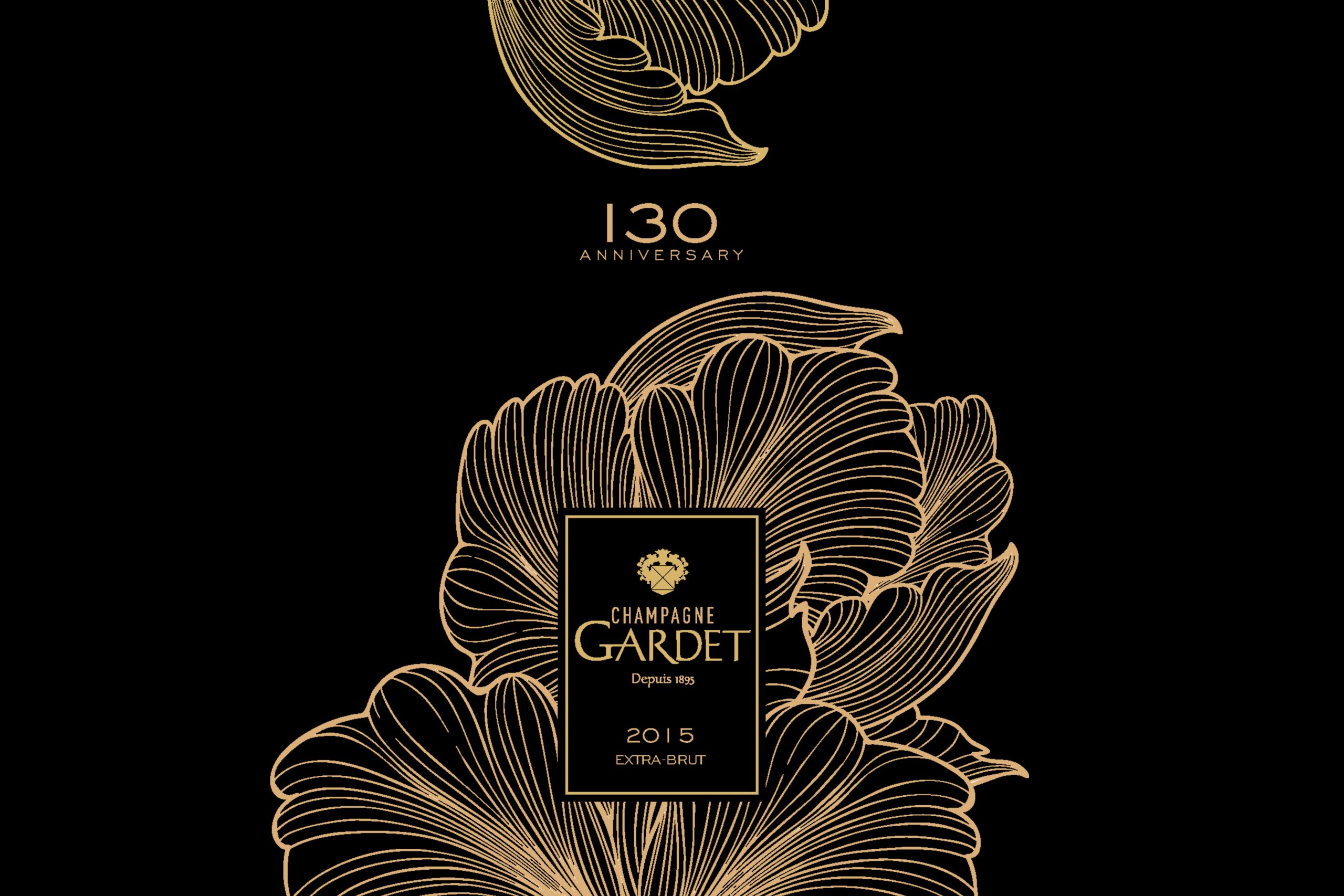Younger red wine ‘more beneficial’ than aged wines, study finds
By Arabella MilehamYounger red wines are likely to be more beneficial than aged wines, a new study from Australia has found, due to the significant decrease in healthy antioxidants in wine over time.
Bottles of red wine on a wooden shelf
The study, conducted by Australian’s Central Queesland’s CQUniversity and published in the Australian Journal of Grape and Wine Research, looked at 16 wines from Australia and New Zealand that ranged in age from one to six years old, to see the effect of ageing on trans-resveratrol, a naturally occuring antioxident in grapes and red wine that has been proven to have cardiovascular, anti-inflammatory, and anti-diabetic effects.
The paper’s aims stated that the concentration of free trans‐resveratrol in wine was expected to increase with storage because of hydrolysis (the chemical breakdown of the biocompound as it reacts with water) of the resveratrol, however after researchers tested the wines at the start of the study and again after 16 months storage, they found that concentrations of trans‐resveratrol in the wine had decreased by an average of 76% over time, with decay rate proving independent of the growing conditions or year of vintage.
Lead researcher Dr Mani Naiker told ABC news it was a huge decrease in the concentration of the important health-benefitting compound.
Partner Content
“Irrespective to where we got the red wine from, which variety it was, the process of that compound, the loss was the same,” he said.




